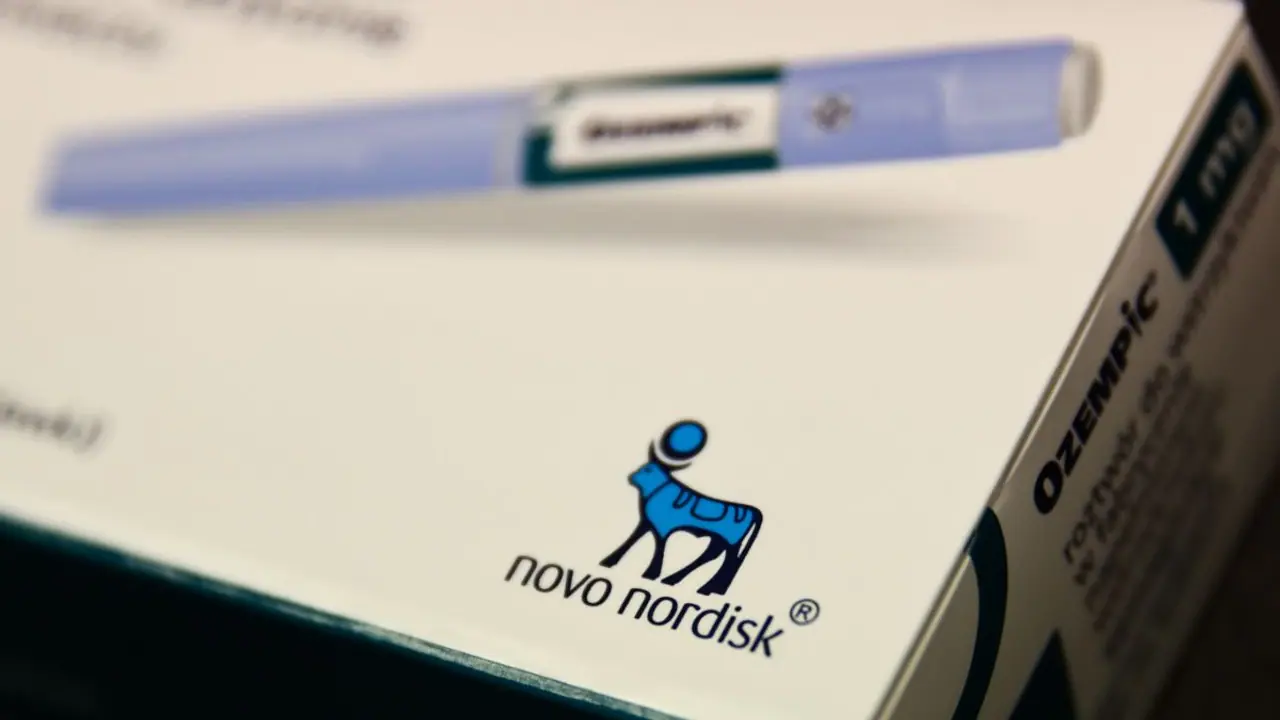AlphaValue/Baader Europe reportedly argued that Friday’s reaction was “materially overdone,” considering CagriSema’s potential $20 billion peak sales.
Novo Nordisk shares on the NYSE rose over 5% in premarket trading Monday, reversing some losses from Friday’s plunge that marked their worst single-day drop in 22 years.

The stock’s sharp decline, which erased $90 billion in market value, came after the company’s new experimental obesity drug, CagriSema, underwhelmed in a late-stage trial.
Retail sentiment on Stocktwits turned ‘bullish’ before the bell, with investors anticipating a swift recovery.
Many posts called the selloff an overreaction, with users expressing optimism about the stock regaining $100 levels soon.
Some analysts echoed this sentiment, noting that while CagriSema’s 22.7% weight-loss results fell short of the 25% benchmark, the drug still demonstrated efficacy superior to Novo’s current blockbuster Wegovy and comparable to Eli Lilly’s Zepbound.
AlphaValue/Baader Europe reportedly argued that Friday’s reaction was “materially overdone,” considering CagriSema’s potential $20 billion peak sales.
The brokerage expects Novo’s stock to recover in the coming weeks, citing ongoing and future trials, including an upcoming head-to-head comparison with Zepbound, which could rebuild investor confidence.
Intron Health analysts reportedly suggested that even in a worst-case scenario, CagriSema could generate $8 billion in peak sales — matching Wegovy’s first-year performance despite capacity challenges.
They also pointed to Novo’s plans for a new trial in 2025 to optimize CagriSema’s dose titration and enhance its weight-loss potential.
Adding to Novo’s bullish momentum, the company announced FDA approval on Sunday for Alhemo, a treatment for hemophilia A and B with inhibitors. The drug, designated as a breakthrough therapy, is expected to address significant unmet needs in patients prone to bleeding episodes.
Novo’s U.S. shares remain down over 16% year-to-date, with investors monitoring the company more closely as it navigates a competitive obesity-drug market reportedly projected to grow to $130 billion by 2030.
For updates and corrections, email newsroom[at]stocktwits[dot]com.<
